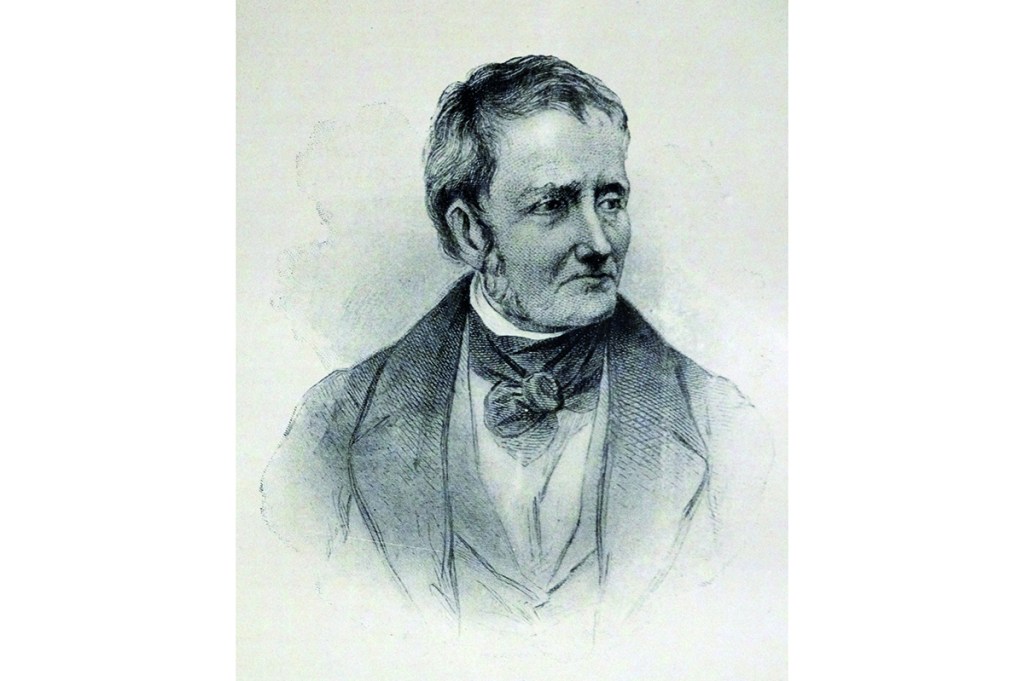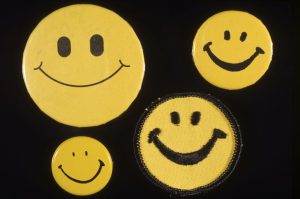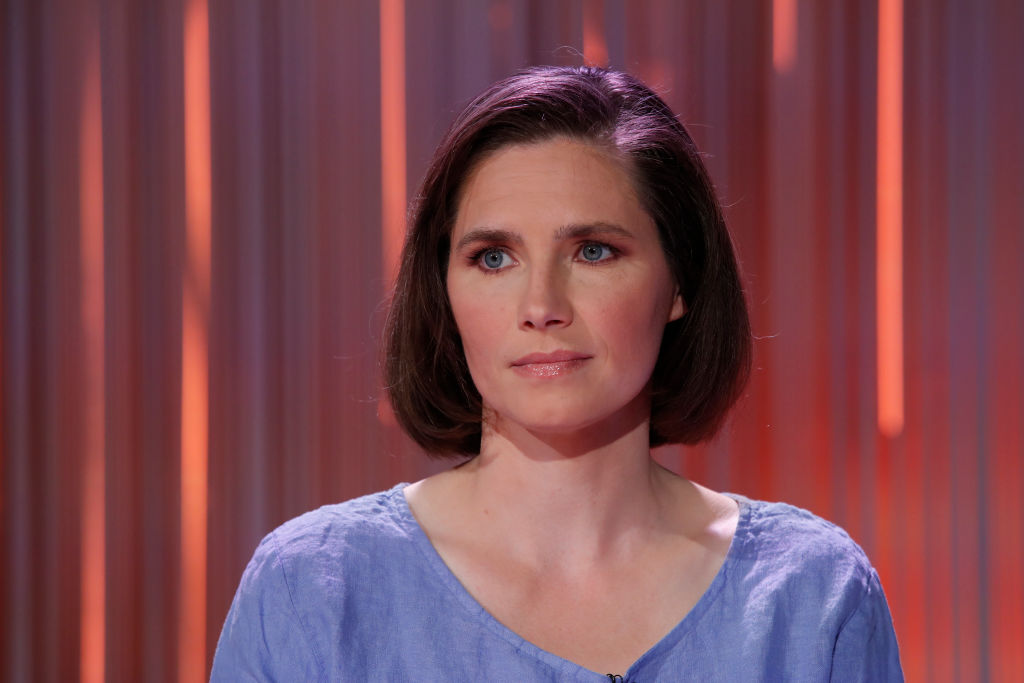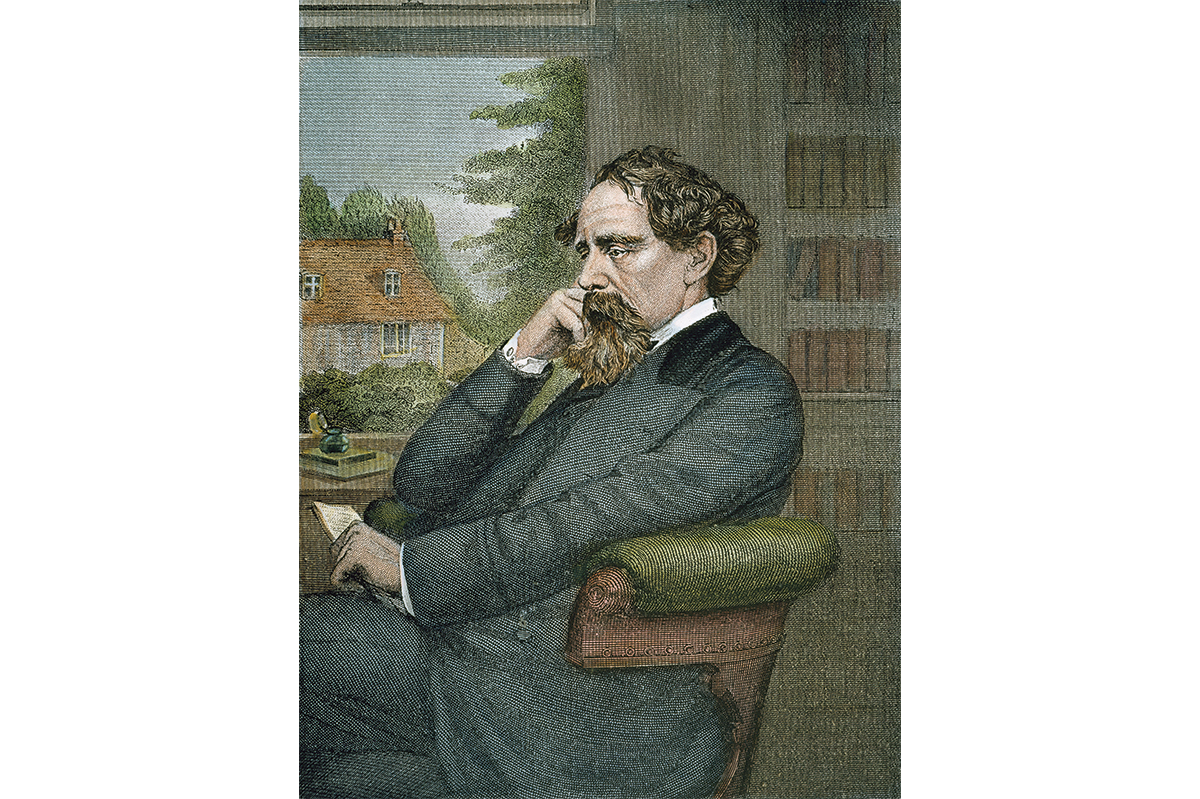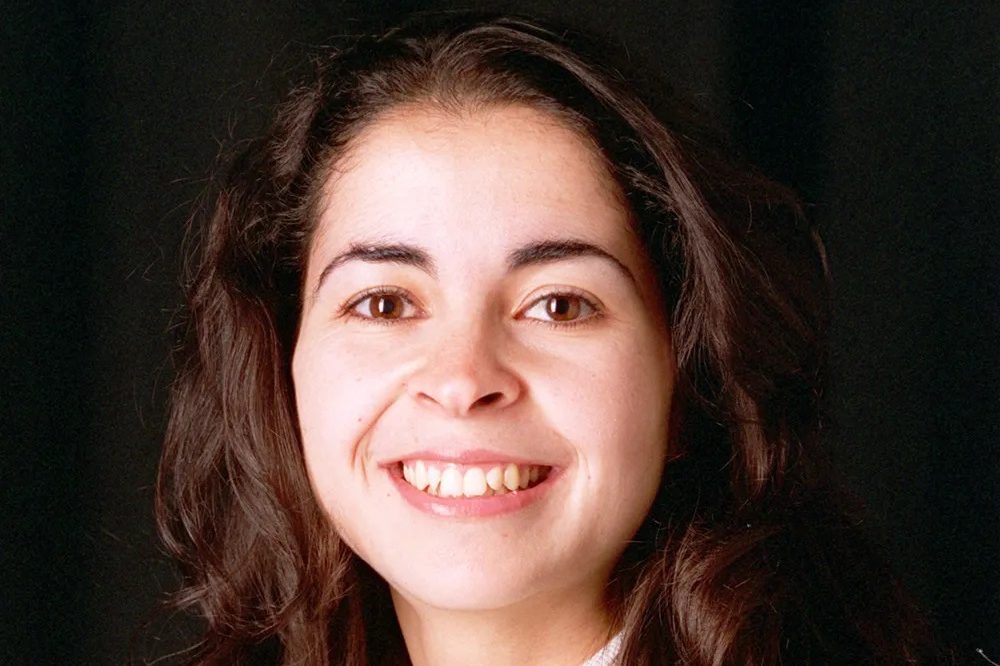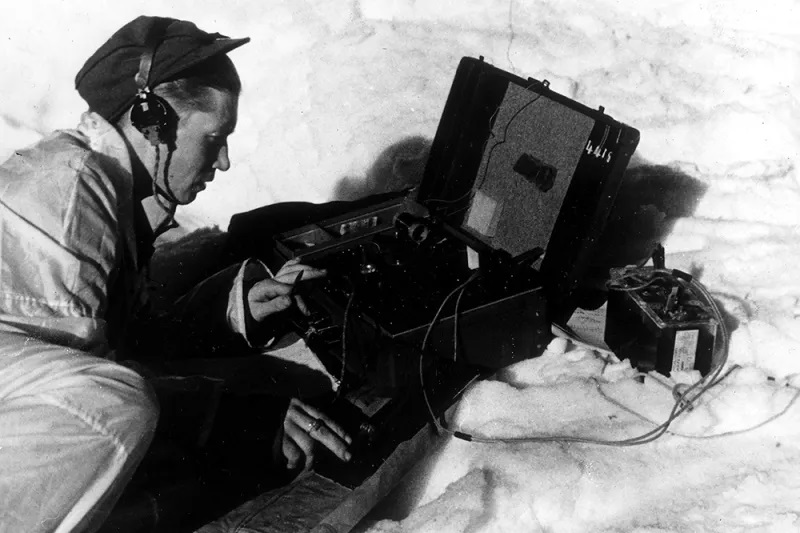When Thomas de Quincey wrote Confessions of an English Opium-Eater in 1821, he could not possibly have guessed what he would set in motion. Over two hundred years later, the addiction memoir looks different: less subversive, more sentimental, undeniably more commercial. Since the advent of Alcoholics Anonymous in Akron, Ohio, in 1935, the formula of the recovery memoir now yokes the moral to the medical: alcoholism may be a moral disorder, but it is underwritten by a chemical condition marked by incessant craving — in recovery parlance, an “allergy,” a state of “dis-ease.” For Matt Rowland Hill, the two are inextricably combined. Original Sins is the debut memoir from a writer whose two great loves, “Jesus and heroin,” never quite slip out of one another’s grasp.
Hill grew up the son of a minister in a Baptist church in South Wales. In the suburban modesty of this landscape, with its fast-food takeaways, supermarket loyalty points and net curtains, ran the extreme narrative of hell and damnation stalked by Old Testament figures. Drawn to extremes, Hill’s first addictive flirtation was with the boundary between sin and its redemptive counterpart, transcendence. Such transgression is amply illustrated in childhood anecdotes and later through the hormonal fug of adolescence where his burgeoning sexual appetite continually thwarts his better intentions.
Clearly bright, Hill makes it to a “Famous School” (you suspect Eton, but apparently it’s Harrow) as a scholarship boy before reaching a prestigious university (undeniably Oxford), although he is at pains throughout to edit any kind of privilege out of the narrative in line with his avowed “non-conformism.” In the unlikely surroundings of quads and spires, Hill is introduced to heroin by a street dealer. The rest, as they say, is history. What follows is a greatest hits of recovery-memoir grit: needles and tourniquets, bathrooms and spoons, squalor and basements, an awful lot of excrement. A reckoning emerges amid the agony of the supporting cast of family and lovers. Much later, there are the Twelve Steps and a spiritual, although not Christian, awakening.
So proceeds the inevitable arc of any memoir of this kind, what fellow recovery biographer Leslie Jamison calls the “story that has always already been told.” All chroniclers of addiction face the same problem, namely the difficulty of crafting a narrative out of cliché. This is not a reproach. The story of addiction must necessarily be clichéd for it to work. Alcoholics Anonymous preaches, after all, that addiction makes no exception for individuals, hence the incessant sloganeering.
In recent years, perhaps correctively, memoirists of addiction have begun to tether their narrative of addiction to other chronicles. Amy Liptrot weaves nature writing into the hugely successful tale of her addiction in The Outrun, just as Hill does here with the story of his Baptist roots. In Original Sins, it is hard to discern which strand wins out. More compelling than the story of his descent into addiction are the portraits of his parents. For them, Christian evangelism operates as a shared Calvary upon which they immolate themselves and each other, maiming their children with stigmata as they go (all four Hill children eventually renounce their childhood faith). Hill’s early inability to distinguish his father from God and the inevitable confrontation with his human frailty is carefully drawn and is the conceptual hook that most successfully informs his own addictions: the worship of false gods, be they people or drugs.
But Hill’s manipulation of the genre’s inevitable limits extends further than its biblical metaphors. With considerable skepticism, the process of recovery is treated with rare — and refreshing — honesty. Of his initial foray into the rooms of Narcotics Anonymous, Hill resists the standard tropes of (secular) epiphany, preferring instead to wallow in sarcasm and disbelief as he battles with its dogmatic presumptions: “I kept finding troubling aspects of the Program. Worst of all were its echoes of my religious childhood.” Even the standard addictive arc is also sub-erted. Hill does not skip off into the Twelve Step sunset after his first meeting but relapses not once but twice, ending the epilogue with one of recovery’s more revealing — and little-told — realities: “After making the right choice for 1614 consecutive days, I made the wrong one.”
Original Sins risks being read as a salutary treatise on wrong choices, on the ways not to live a life: don’t disobey your parents, don’t turn away from your God, don’t take heroin, don’t try to score at a funeral. Luckily, Hill has enough guile and wit to distance himself from the evangelical binaries that formed him, fashioning a memoir that is as much about right and wrong and rich and poor as it is about the existential itch of life, or even the universal desire to be absolved.
Long before we found ourselves drowning in recovery memoirs, de Quincey was the first to tug at the devastating incoherence of the addict, robbed of self-determination to narrate the story of his own life. Hill’s book is at its best when he, too, mines this unfortunate truth: “son of a preacher and born-again atheist; valleys-born Welsh boy and schoolmate of the super-rich; student to whom every door seemed open and patient behind a triplelocked exit.” Sartre — no stranger to despair — would concur that hell is not in fact other people but the huis clos of the self, trapped somewhere between a private school and an asylum.
This article was originally published in The Spectator’s July 2022 World edition.



